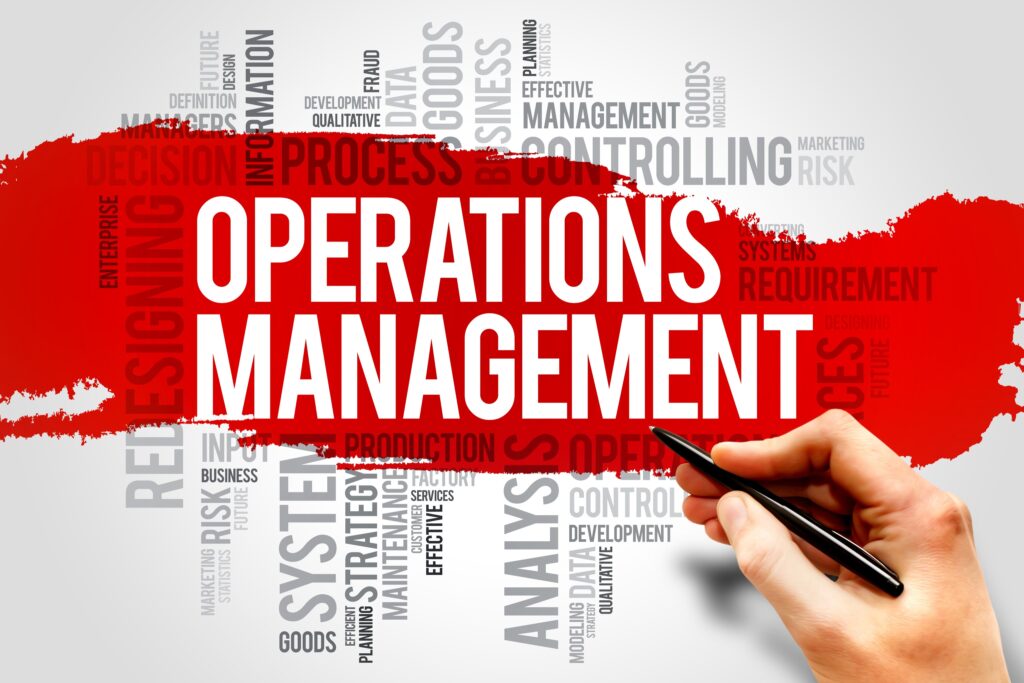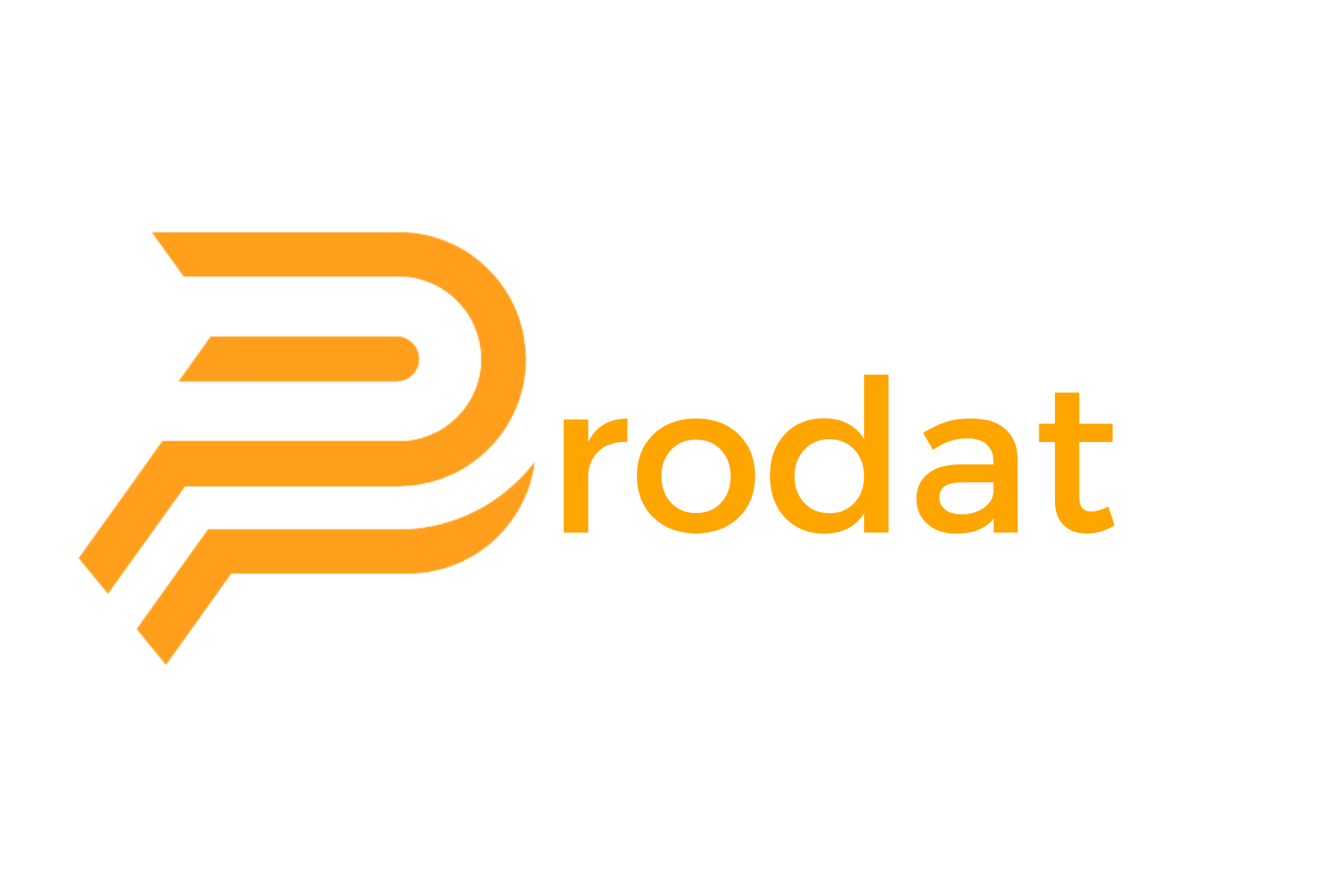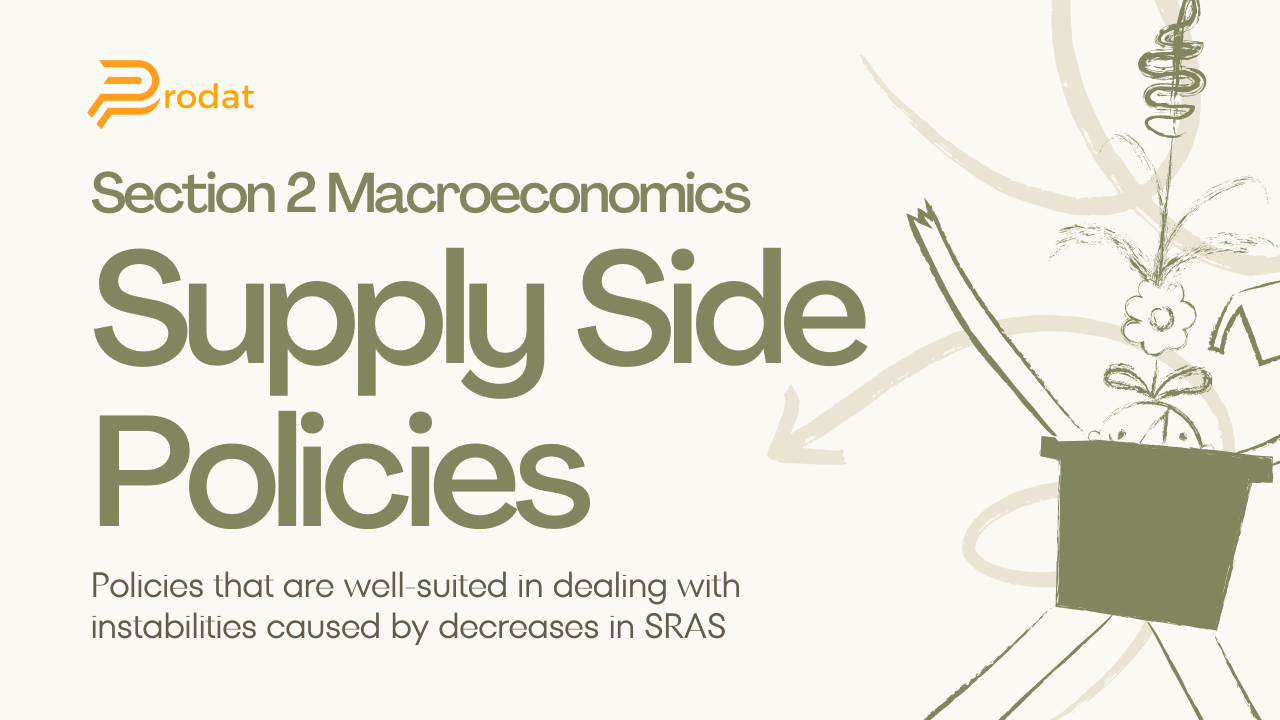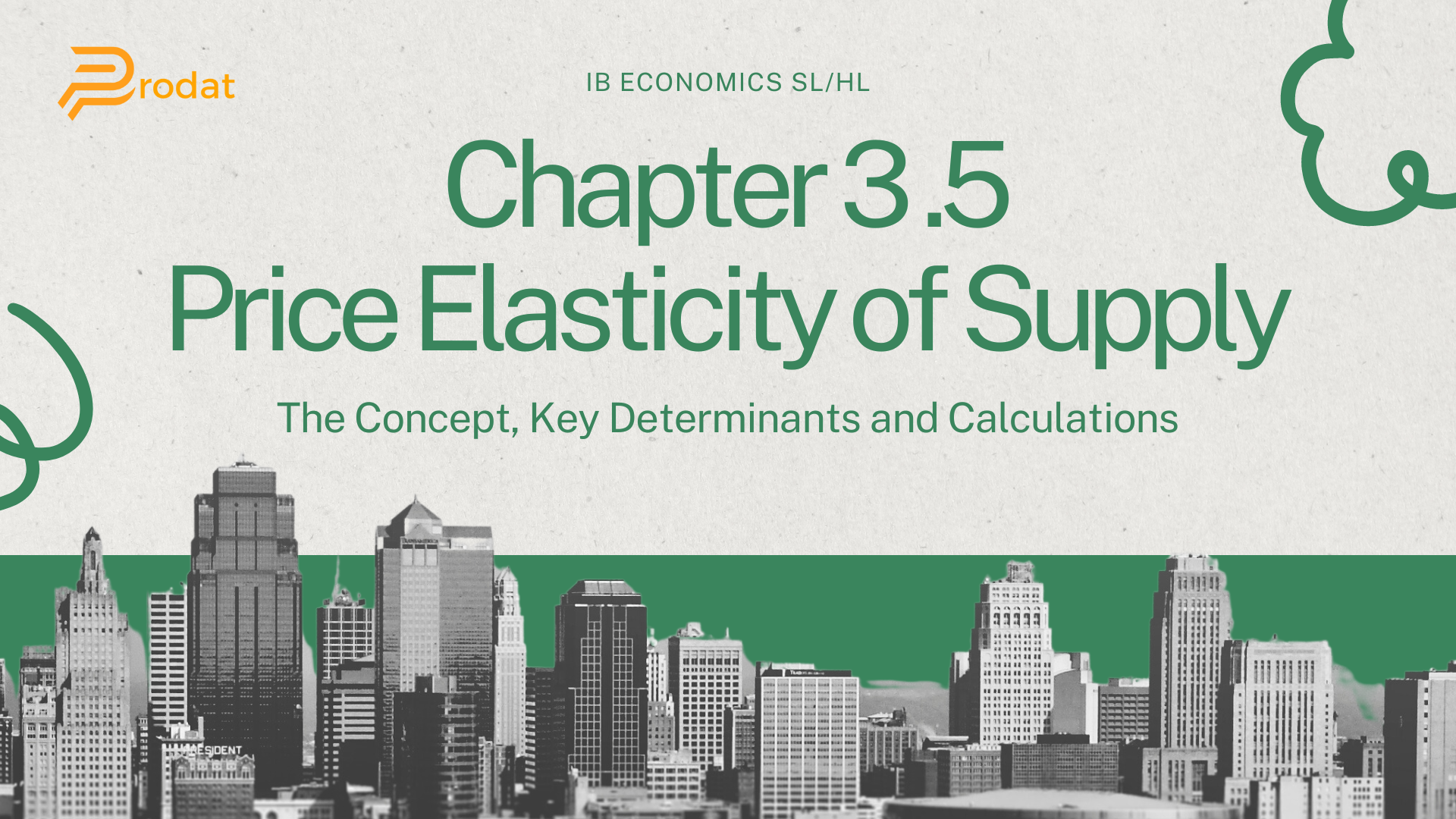Table of Contents
- What is Operations Management?
- Important Key Terms:
- Implications on Various Departments:
- Sustainability:
- Sample Questions:
Have you ever wondered how that seemingly simple phone in your hand went from a pile of minerals to a pocket-sized portal to the internet? The answer, my friend, lies not in magic, but in the fascinating world of Operations Management! Buckle up, because we are about to dive into the nitty-gritty of transforming raw materials, grumpy employees (we’ve all been there), and questionable design choices into the products and services that keep the global economy running. Forget fancy marketing campaigns for a sec – if your operations are a dumpster fire, no amount of persuasive slogans can save you.

What is Operations Management?
Operations Management (often referred to as production), is concerned with providing the right goods and services in the right quantities and at the right quality in a cost-effective and timely manner. The primary goal is to minimize resource waste and increase efficiency, done through various methods (5.2). The role of production is to turn resources/factors of production into outputs of goods and services in a cost-effective manner.
Important Key Terms:
- Captial intensive: A production process that uses relatively more physical capital than human labour.
- Labour intensive: A production process that uses more human labour relative to physical capital.
- Efficiency: How well a business transforms physical, human and financial inputs into outputs.
- Sustainability: The practice of enabling production and consumption of goods and services for the people of today without compromising the needs of the future generation.
- Productivity: A measure of a firm’s operational efficiency level, calculating the rate and which inputs are transformed into outputs.
Implications on Various Departments:
- Marketing Department:
- Change in production methods will affect the quality and individuality of a product
- The output of an exclusive product means that is can be marketed at a premium price due to it’s uniqueness and high quality
- Human resource department:
- Changes in production methods can either reduce or increase the size of the workforce.
- Motivation can also be affected by aspects of operations management
- While mass production methods suffer from a lack of teamwork and group dynamics, job production can benefit from using the individual skills of people working within a team for a specific job.
- However, job production requires more training whereas mass production requires minimal instructional training only.
- Finance department:
- Change in production methods may lead to significant capital investment.
- Capital intensity and lean production methods require heavy investment in machinery and equipment.
- A conteingency fund may also be reserved in case of machinery breakdowns, late supplier deliveries or any other unexpected event that could delay production.

Sustainability:
Sustainability is most commonly known as the act of keeping our environment clean by reducing, reusing, and recycling through an eco-friendly approach. However, in the world of business, sustainability refers to the practice of enabling production and consumption of goods and services for the people of today without compromising the needs of the future generation. Being sustainable isn’t just about feeling good – it’s about future-proofing your business. Customers are becoming increasingly eco-conscious, and regulations are getting stricter. By embracing the future of sustainability, you’re not just helping the planet, you’re positioning yourself as a leader in the new green wave of business.
All that aside, there are 3 main forms of sustainability in Business Management: namely Economical, Social, and Ecological sustainabillity.
Economic Sustainabilty:
- Using resources (natural and manufactured) efficiently and responsibly
- Fair distribution and efficient allocation of resources.
Social sustainability:
- Examining the social interactions, and structures that are neccessary for sustainable development.
- Supports initiatives like peace, social justics, reducing poverty, and other movements that promote social equity.
Environmental sustainability:
- Capacity of the natural environment to meet the needs of current generations without creating problems for future generations.
- Supports intiatives like renewable energy, sustainable agriculture, and better waste management.

Sample Questions:
Case study
The Hershey Company
The Hershey Company (commonly known as Hershey’s) is one of the largest chocolate manufacturers globally. It produces food products such as Reese’s, Twizzlers, Kit Kat, Almond Joy, Mauna Loa, Ice Breakers, and Hershey’s Cookies. The success of Hershey’s lies partly in its effective and efficient operations management. According to Hershey’s, its manufacturing process includes high levels of quality management, which includes:
- Selecting quality vendors that provide the best quality cocoa; followed by sampling, testing and certification. Carefully selecting and planning the amount of raw material required.
- Following quality assurance and safety protocols. The company believes in high production standards to ensure that it meets global standards of quality and safety; developing new production methods.
- Installing and maintaining capital equipment.
- Using high-quality packaging and labelling to satisfy customer demands; planning the entire process and ensuring that accurate supplies of packaging materials are in place.
- Providing the best customer service in order to create its brand image and maintain long-term customer relationships.
Hershey’s ensures all the above are in place to provide high-quality chocolates and achieve long-term profitability. Different departments along with the operations department ensure the improvement of the overall production process.
Questions:
- Define operations management. [2 marks]
- Using the example of Hershey’s, explain how operations management can impact other business functions. [4 marks]
Answers:
- Operations management is the process of transforming inputs into outputs to achieve various business objectives. This involves close coordination with the other business functions to ensure that the human, physical and financial resources are available.
- Operations management affects the finance and accounts function of a business. This is because major decisions can affect efficiency and costs of production. If production becomes more efficient, costs can be reduced and this can increase profits. Hershey’s carefully selects and plans the ‘amount of raw material required’, which might, for example, include cocoa and sugar. Careful production planning like this should keep costs to a minimum for Hershey’s, and this would positively impact financial results. Operations Management also affects the marketing function of a business. The quality of the product is largely dependent on how it is produced, so production decisions will impact whether the product meets customer needs and expectations. Hershey’s uses ‘quality assurance and safety protocols to ensure that the food meets global standards of quality and safety’. This attention to quality would make it easier for Hershey’s marketing team to promote the foods to their target markets.
And that brings us to the conclusion of this blog! Now all we can do is pray to get a 7 in Business!
Check out our other Business Management blogs here!
Sources:
- Business Management 5th Edition textbook by Paul Hoang
- https://app.kognity.com/study/app/2024-business-management-hl/sid-351-cid-160338/book/the-role-of-operations-management-id-39482/
- https://guide.fariaedu.com/business-management-hl/unit-5-operation-management



